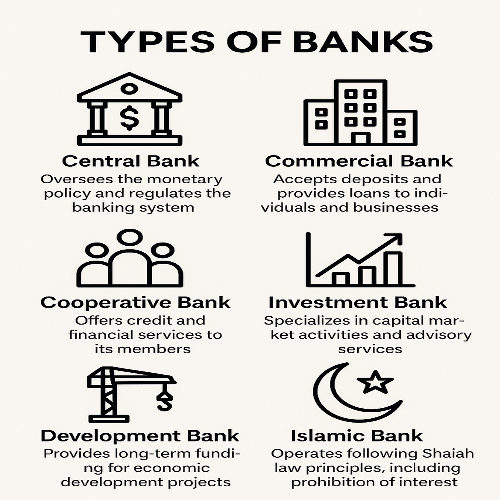PEPs and IPs in Banking: Identification, Risks, and Compliance
Politically Exposed Persons (PEPs) and Influential Persons (IPs) are individuals who pose a higher risk for involvement in money laundering and corruption due to their position and influence. Understanding their role is crucial in the banking sector.
Who Are PEPs?
PEPs are individuals who hold or have held prominent public functions, such as:
- Heads of state or government
- Senior politicians
- Judicial or military officials
- Senior executives of state-owned enterprises
- Important political party officials
Who Are IPs?
Influential Persons (IPs) may not be involved in politics directly but have significant influence in financial or public sectors, such as:
- Business tycoons
- Media personalities
- High-level NGO heads
Why Are PEPs and IPs Considered High Risk?
Their positions make them more susceptible to corruption, bribery, or misuse of funds. Banks must ensure that appropriate due diligence is conducted before entering into or continuing any business relationship with them.
CDD and EDD Measures
Financial institutions are required to apply:
- Customer Due Diligence (CDD) – Basic verification and risk assessment.
- Enhanced Due Diligence (EDD) – Additional scrutiny for high-risk individuals like PEPs and IPs.
Monitoring and Reporting
Banks must establish ongoing monitoring processes for PEPs and IPs and report any suspicious activities to regulatory authorities.
Conclusion
Proper identification and risk-based handling of PEPs and IPs are essential in preventing financial crimes. As a banking professional, knowledge of these categories ensures compliance and promotes integrity in financial institutions.
Stay informed. Stay compliant.




